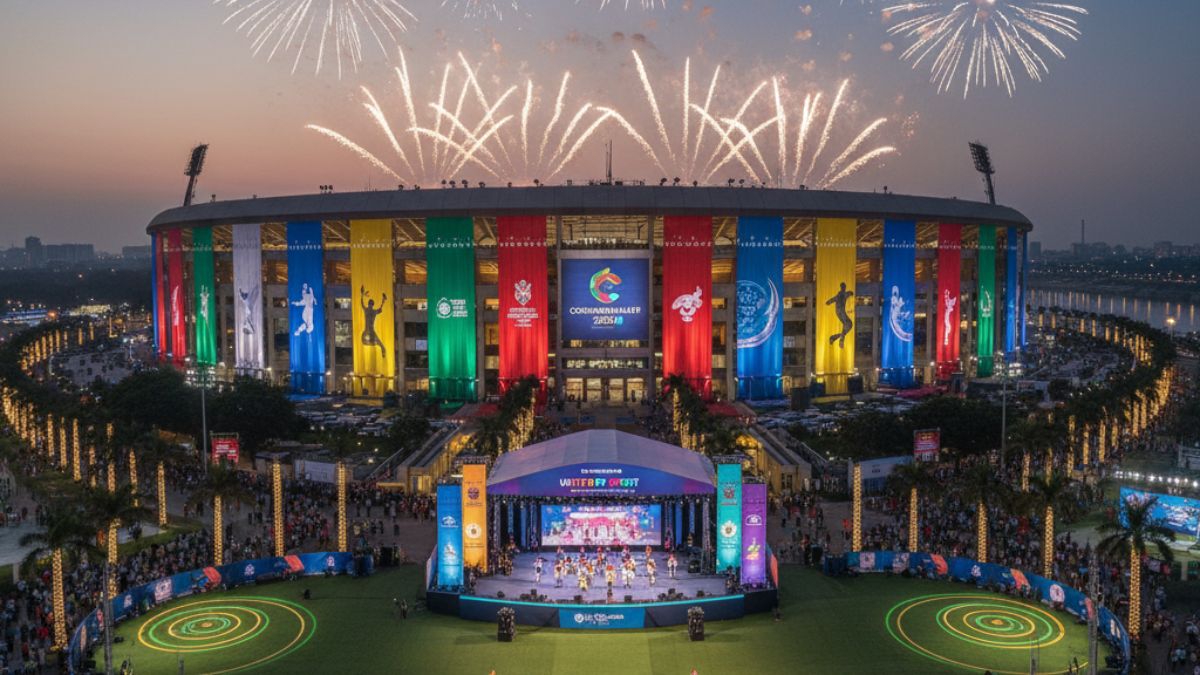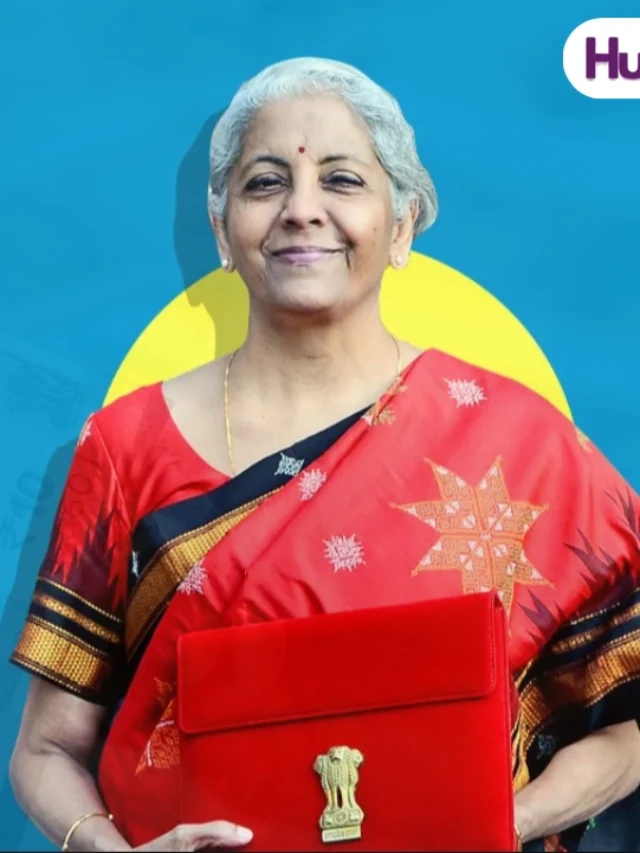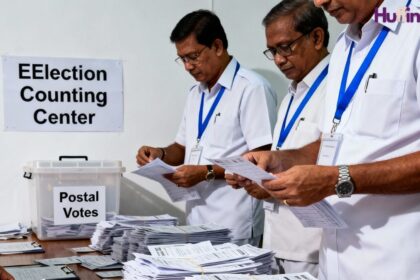India has officially secured the hosting rights for the India 2030 Commonwealth Games, with Ahmedabad as the lead city. This landmark decision elevates India’s global sporting profile and highlights Ahmedabad’s rapid rise as a modern sporting hub.
Key Highlights
- India becomes the first South Asian nation to host the Commonwealth Games twice, after hosting in New Delhi in 2010.
- Ahmedabad’s revamped Motera Stadium and newly built aquatic centre will serve as flagship venues.
- The government commits ₹15,000 crore for upgrading infrastructure, athlete villages, and transport links.
- Expected economic impact: ₹25,000 crore in tourism revenue and creation of 100,000 jobs.
- Strategic boost to India’s bid for major events like the 2032 Olympics and the 2027 Asian Cup.
Ahmedabad’s Transformation into a Sporting Powerhouse
Ahmedabad’s selection underscores its emergence as a leading destination for international sport. Since the Motera Stadium renovation’s completion in 2020, capacity soared from 54,000 to 132,000 spectators. The newly commissioned aquatic centre, with state-of-the-art training facilities and an 8-lane Olympic pool, solidifies the city’s credentials for multi-sport events.
Chief Minister Bhupendra Patel noted, “Ahmedabad’s infrastructure boom and transport network—metro, highways, and expanded airport—make it uniquely equipped to host 2030 Games,” reflecting the government’s strategic vision to leverage regional strengths for global impact.
Impact on India’s Global Sporting Profile
Hosting the Commonwealth Games for a second time will significantly boost India’s global sporting profile. The 2010 Games in New Delhi generated over 4,000 broadcast hours across 118 territories. Organisers estimate 2030 coverage will exceed 6,000 hours, reaching new markets in Africa and Latin America.
Olympic medallist P. T. Usha commented, “A well-organised Games in Ahmedabad will inspire a generation of athletes and showcase India as a world-class host. This is a golden opportunity to strengthen our legacy in athletics, swimming, and wrestling.”
Economic and Social Benefits
Infrastructure and Investment
The central and Gujarat governments have earmarked ₹15,000 crore for venue upgrades, athlete accommodations, and transport enhancements. The Games Village will be repurposed post-event as affordable housing and university hostels, ensuring long-term community benefits.
Economic modelling by Deloitte forecasts:
- ₹25,000 crore in direct tourism revenue
- Creation of 100,000 temporary and permanent jobs
- 8% growth in hospitality and retail sectors during the Games period
Grassroots and Legacy Programs
Beyond high-profile events, the organising committee plans extensive grassroots outreach. School-level mini-Commonwealth programmes will engage 1 million students in 10 sports disciplines, aiming to broaden talent pipelines and encourage healthy lifestyles.
Dr. Anuradha Bhargava, Sports Science Director at the National Institute of Sports, noted, “Legacy planning ensures the Games enrich local communities through youth development programmes and upgraded school sports infrastructure.”
Expert Perspectives on India’s Sporting Future
Sports economist Rahul Singh of ICRA observes, “Hosting in Ahmedabad consolidates India’s place on the international stage and paves the way for bidding on mega-events like the 2034 FIFA World Cup. Success in 2030 can be a springboard for broader investments in sports tourism.”
International Olympic Committee member Anita DeFrantz praised India’s commitment: “Ahmedabad’s bid demonstrates strong government backing and vibrant public support—qualities we look for in sustainable hosts.”
Challenges and Considerations
Ensuring Sustainability
Environmental groups emphasize the need for sustainable practices. The organising committee has pledged to achieve zero-waste stadia and carbon-neutral event services by 2030, including solar-powered venues and electric transport fleets.
Security and Public Safety
With over one million anticipated visitors, robust security planning is critical. The Ministry of Home Affairs will integrate modern surveillance and community policing models to maintain a safe environment for athletes and spectators.
Looking Ahead
Ahmedabad’s appointment as host city signals a new era for Indian sport. As preparations ramp up, stakeholders are focused on seamless execution, lasting legacy, and positive international perception.


























